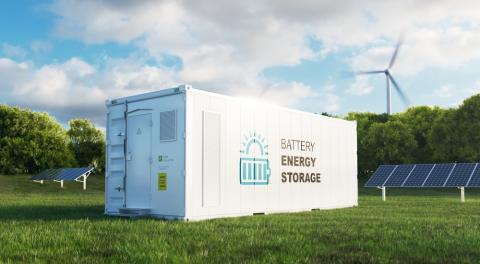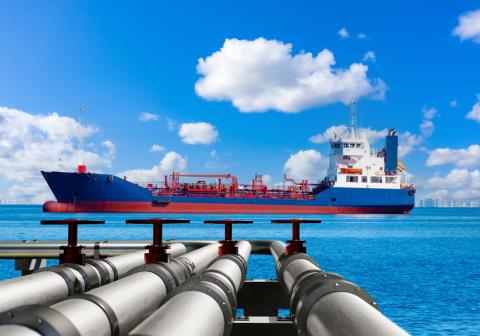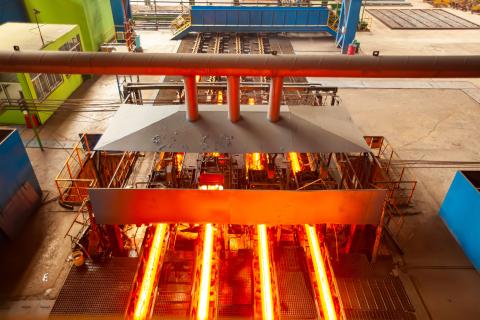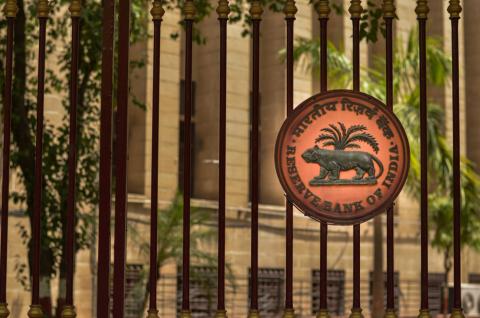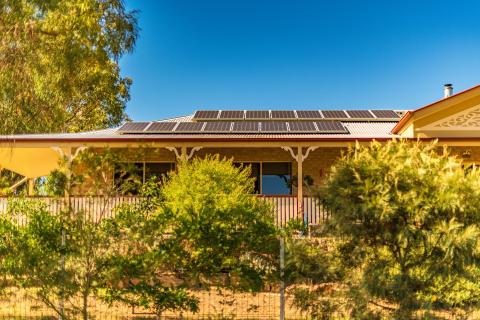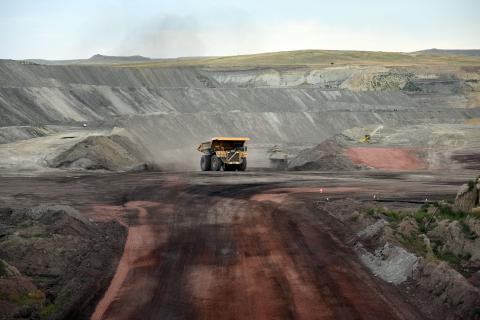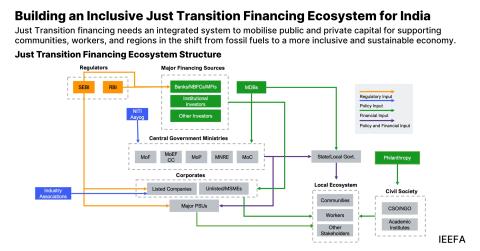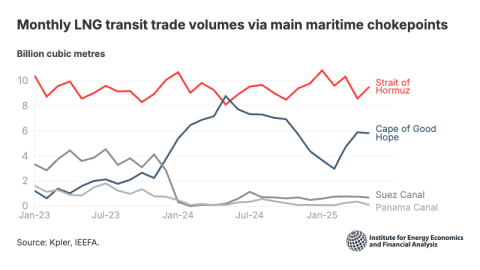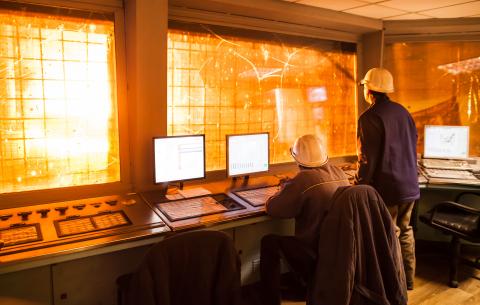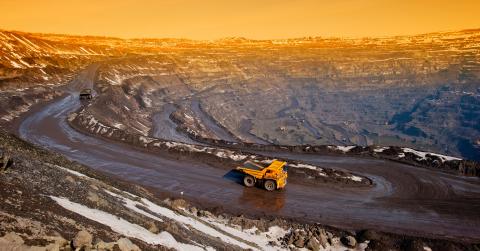Hats Off to Societe Generale for Stepping Back From Galilee Coal
Hats off today to Societe Generale for doing its investors a favor and distancing the bank from the costly and misguided development of coal in the Galilee Basin of northern Australia.
The bank is the latest in a line of nine global investment houses to distance themselves from Galilee projects (the others are Deutsche Bank, HSBC, Royal Bank of Scotland, Barclays, Morgan Stanley, Citigroup, Goldman Sachs and JPMorgan Chase.)
These banks see energy markets evolving, and they know the trend doesn’t bode well for anybody who invests in the construction of mines and ports that would exist solely for the purpose of exporting Australian thermal coal. Their skepticism is well-justified. India has said very recently that it may stop thermal coal imports entirely in two to three years, and just last week, Ed Davey, the U.K. energy secretary, said fossil-fuel investments are becoming increasingly risky because of the likelihood that unprofitable reserves will be abandoned. That’s to say nothing of the impact on global energy markets the new emissions-control agreement between the United States and China will have.
At some point, the highly-leveraged Indian conglomerates that are pushing the development of Galilee Basin coal will acknowledge there is no point in sinking more good money after bad. Granted, India needs energy, but much of that need can be addressed domestically. It makes no sense to promote commercially unviable thermal coal export projects stranded in the middle of Australia.
What the big investment houses know—and what Adani and GVK, the two Indian conglomerates behind the push to develop Galilee Basin coal, will realize sooner or later—is that their $10 billion in Galilee projects development is commercially unviable and financially unbankable. Skeptical investors suspect rightly that Galilee Basin coal will most likely end up a forgotten and stranded asset as the world transitions to lower-carbon solutions.
The fact is that seaborne thermal coal has entered what we call “structural decline,” that is, there isn’t nearly as much demand for energy-utility coal as once envisioned. Adana and GVK have both missed—and continue to miss—this important point. Having paid top dollar to acquire their Australian project proposals at the peak of the coal cycle in 2011, both groups predicted that Galilee coal production would commence by 2014. Neither project is even near financial close as 2015 approaches, let alone ready to break ground.
Other Galilee-development proponents, including the Queensland government, are similarly off the mark in their support for GVK’s Alpha project and Adani’s Carmichael proposal, neither of which are prudent, considering the changing energy markets and the financial position of each company. Adani Mining has $1 billion in debt and negative shareholder equity; Adani’s Abbot Point Terminal was 90 percent debt-funded to the tune of more than $2 billion, and the GVK group was not even able to make the final $560 million September payment on its entirely debt-funded purchase.
All three ventures—Alpha, Carmichael, and Abbot Point —have continued to report losses since their respective acquisitions in 2010-11.
Tim Buckley is IEEFA’s director of Energy Finances, Australasia.



